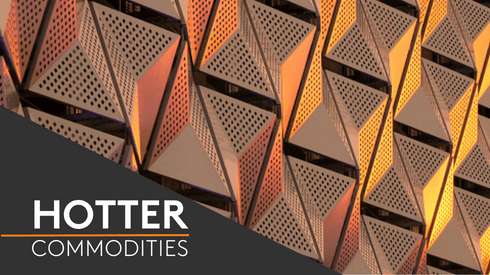Ferro-molybdenum prices fell further in Europe on Wednesday April 1, as neither the floods in Chile nor the introduction of European anti-dumping measures on Chinese and Taiwanese stainless steel provided support.
Torrential rain in northern Chile was expected to affect copper production, and in turn, molybdenum, as the red metal’s by-product, but this has yet to filter through to prices in Europe.
Several market participants had also stated that they expected the EU’s anti-dumping measures on imports of Chinese and Taiwanese cold rolled flat stainless steel, but this has similarly failed to provide a boost.
Metal Bulletin’s in-warehouse Rotterdam quotation dropped to $20.30-20.90 per kg, from $20.70-21.25 previously, with expectations of further falls on the horizon.
Activity was generally subdued on Wednesday, as market participants waited for news to emerge from Metal Bulletin’s Asian Ferro-Alloys Conference in Singapore.
“I would say the lower buying activity is reflected in the price. Maybe we will see more activity [after Easter] but I have also heard several steel mills are cutting back production,” a ferro-molybdenum producer said.
“From the States, I’ve heard steel producers are also running at lower capacity utilisation. Some are covered for the second quarter at least from their first quarter purchases.”
The small run upwards witnessed in early March is now at an end, a trader added, and there is little hope for a rebound in the immediate future.
“There are various theories among the producers that there should be material tightness in the next month or two but we don’t see it. Demand is not sufficient to create any big movement,” the trader said.
“Overall, it’s not looking good on the molybdenum front.”
Molybdic oxide prices also drifted lower, down to $8.10-8.40 per lb, from $8.30-8.50 previously, although there have been suggestions that resistance from sellers may re-emerge once prices hit $8.
“I think maybe there will be a resistance level there. People are not interested in seller below $8,” the producer said.
A clearer direction is expected to emerge once market participants return from Singapore and after the Easter break in Europe.
Claire Hack
chack@metalbulletin.com
Twitter: @clairehack_mb





